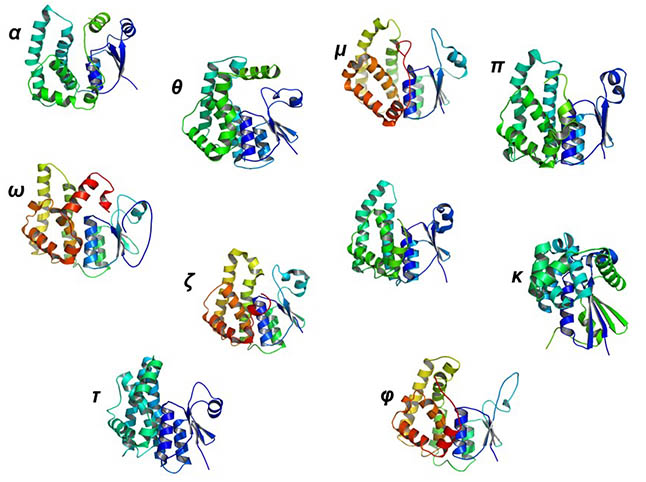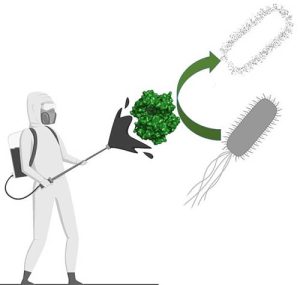Enzymes involved in xenobiotic
or microbial resistance
Xenobiotic metabolising enzymes.
We are experts in producing recombinant glutathione transferases, providing tools that give valuable insight during the early stages of drug development.
Available enzymes:
Human Glutathione Transferases.
Human Glutathione transferase A1-1
Human Glutathione transferase A2-2
Human Glutathione transferase A3-3
Human Glutathione transferase A4-4
Human Glutathione transferase A5-5
Human Glutathione transferase P1-1
Human Glutathione transferase M1-1
Human Glutathione transferase M2-2
Human Glutathione transferase M3-3
Human Glutathione transferase M4-4
Human Glutathione transferase T1-1
Human Glutathione transferase T2-2
Human Glutathione transferase O1-1
Human Glutathione transferase O2-2
Human Glutathione transferase Z1-1
Mouse/rat Glutathione Transferases
Rat Glutathione transferase A1-1
Mouse Glutathione transferase A1-1
Mouse Glutathione transferase P1-1


Enzybiotics: enzymes to fight microbial resistance
The emergence of multidrug-resistant (MDR) bacteria is an extremely important threat to public health worldwide. The diversity of resistance mechanisms that contributes to the development of MDR may lead to pandrug resistance (PDR). This priority is currently being addressed by EnzyCeuticals by the use of multidisciplinary research efforts that aim to discovery new enzymes (Enzybiotics) able to effectively cope with the global emergence of MDR bacteria. Enzybiotics attract considerable interest as potential antibacterial tools. They originate from viruses (bacteriophages, phages) that attack and live on bacteria. In addition, there are a variety of other enzymes which exert the same lytic effect, but are derived from sources other than phages.
